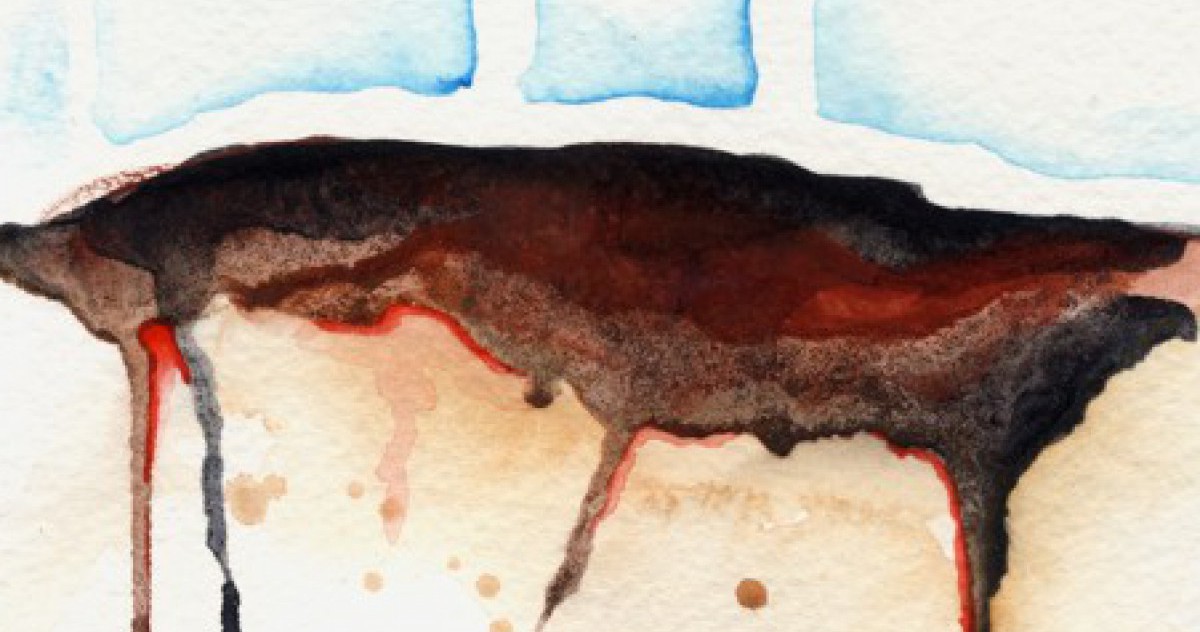My apologies for being parochial in this and my last post. I have never intended Expressionist Coffee to be all United Methodist all the time. And it won’t be. I simply felt a need to follow up on some of my thoughts from last week’s post, When the United Methodist Church Sold Its Soul. Some have taken that post as an all-out attack on evangelism or an overly critical lumbering down the nostalgic lane for a time I felt more at home in the United Methodist Church. I don’t think it is either of those.
We live in an era when all Christian churches, and especially the mainline churches, are desperately trying to skry who and what we will be in the coming years and decades. The shift of population away from churches is stark, undeniable, and in many ways irreversible especially using the modes and methods of the previous two decades. I believe asking the question, “how do we get these people (often phrased ‘these young people’) back in our churches?” Is a wrong-headed one. These people were never in our churches, have never felt the need, and are repulsed by what they see as hypocrisy, judgmentalism, and rigidity in churches. What they do seem to respond to, though, is authenticity.
 Authenticity can be a rare commodity in our culture. Movie producers test-screen their stories to judge which ending will sell more tickets (as opposed to telling the best story). Politicians poll and survey beta test platform planks to determine which has the best chance of getting elected. Advertising tells what clothes will make us sexy, what beer will make us popular, and what car will make us powerful or successful. The aim in all this is not to help us be who we really are, but to create ourselves in the image of what is being sold to us. It is difficult indeed not only to be who we authentically are but sometimes even to remember who we are.
Authenticity can be a rare commodity in our culture. Movie producers test-screen their stories to judge which ending will sell more tickets (as opposed to telling the best story). Politicians poll and survey beta test platform planks to determine which has the best chance of getting elected. Advertising tells what clothes will make us sexy, what beer will make us popular, and what car will make us powerful or successful. The aim in all this is not to help us be who we really are, but to create ourselves in the image of what is being sold to us. It is difficult indeed not only to be who we authentically are but sometimes even to remember who we are.
Therein lies our malady. In our attempt to regain members we have forgotten the best of who we are as United Methodists. We have reduced our movement to a brand and simplified our product with the vain goal of regaining market share.
The dilemma we face is that the very people that we look at as that lucrative “market share” are the group yearning for authenticity. They have so many options from which to choose that the inauthentic never even gets considered. And quite frankly they look at our “brand” and see a denomination that preaches universal love and flatly refuses to grant equality and dignity to LGBT persons. They are more than suspicious that the offer of the love of Christ is a sales pitch for their dollars. They are greatly motivated by the care and healing of the planet while we hem and haw about polity and doctrine. We have migrated from top shelf to sharing space with the boxes of Franzia (f you can tolerate a wine metaphor).
There was a time when we knew who we were, even though we were never in total unity. But the people called Methodist were known for the things they did. We stood with the disenfranchised and offered places to meet for those working for suffrage. We struggled with those enslaved and worked for abolition even though that split our church. We embodied solidarity with workers, called for an end to child labor, safe working conditions, a living wage, and a sabbath rest for those who labor. We embraced the human rights of all people for education and health care. Methodists understood that working for God’s Kin-dom began in this world, that the perfection of human life begins in this life and not held in escrow for some indeterminate eschatology. Yes, all these things were undertaken out of Methodists’ deep love of Jesus and his mission. Yes, it was accomplished by those who had been invited to join the Christian Way. Methodist discipleship happened outside the walls of the chapel. The emphasis was not just on “how is it with your soul?,” it also included “how have you served the poor?’
My premise in the last post was that we lost our authenticity when we chose “making disciples for Jesus Christ” as a means of plugging the leaks and filling the pews. Indeed, we tried to rectify that when we appended “for the transformation of the world” onto our mission statement. But when we continue to evaluate ministry solely on the rubrics of numbers (bodies present, dollars given, professions made) the transformation of the world remains ambiguous at best. As does our spiritual and temporal identity.
I am not yearning for a restoration of a nostalgic past. I am hungry and thirsty for the United Methodist Church to step into the muddy reeds of society and lead the way to justice, equality, and peace. I’ve always imagined that when the Ethiopian eunuch stopped the chariot, turned to Philip and said, “here is water, what is to prevent me from being baptized?” that what was available was the fetid water standing in the ditch overgrown with cat tails and algae. Philip knew the Spirit had put him there so he waded waist deep in what was probably very living water, knowing that there was nothing to prevent the grace of Christ.
When a gay couple comes and asks, “What is to prevent us from being married?”, when a transgender person asks “will your Church love and accept me as I am?’, when a young man with thick spectacles and a long beard or a young woman with complete tattoo sleeves peeks in our door and wonders, “are you for real?”, or when a gay man or lesbian asks the church “what is to prevent me from being ordained?” they will know, and we will know, that the United Methodist Church will put aside its scruples and wade waist deep in the murky green living waters.

Thank you for sharing. Your confession let’s me know I am not alone in my feelings about the church I have belonged to for 73 years.
LikeLike